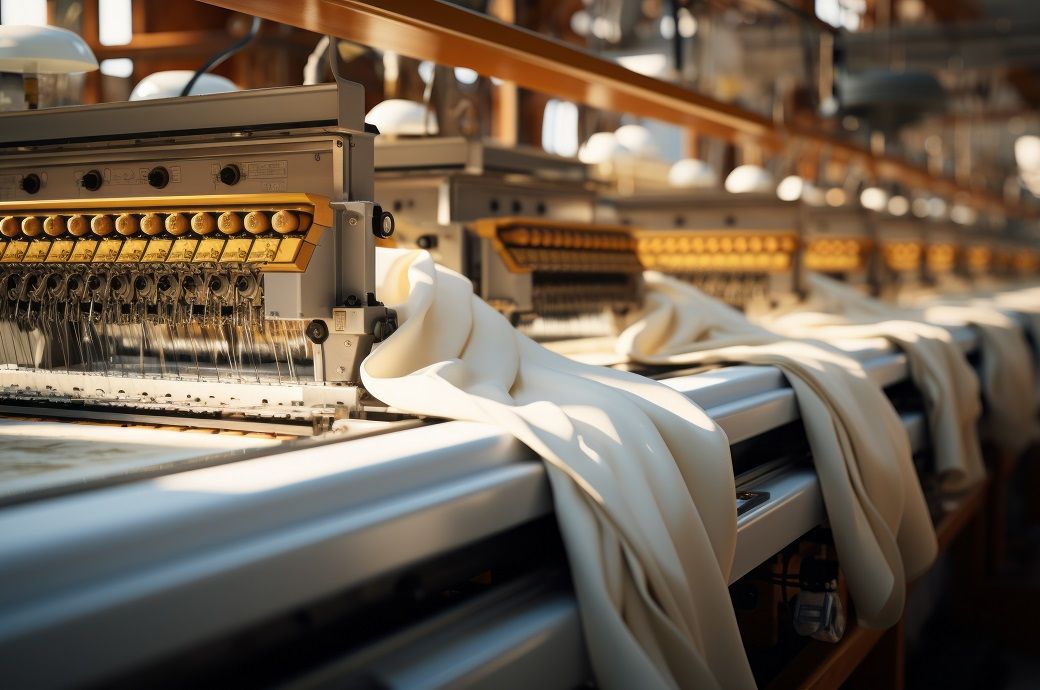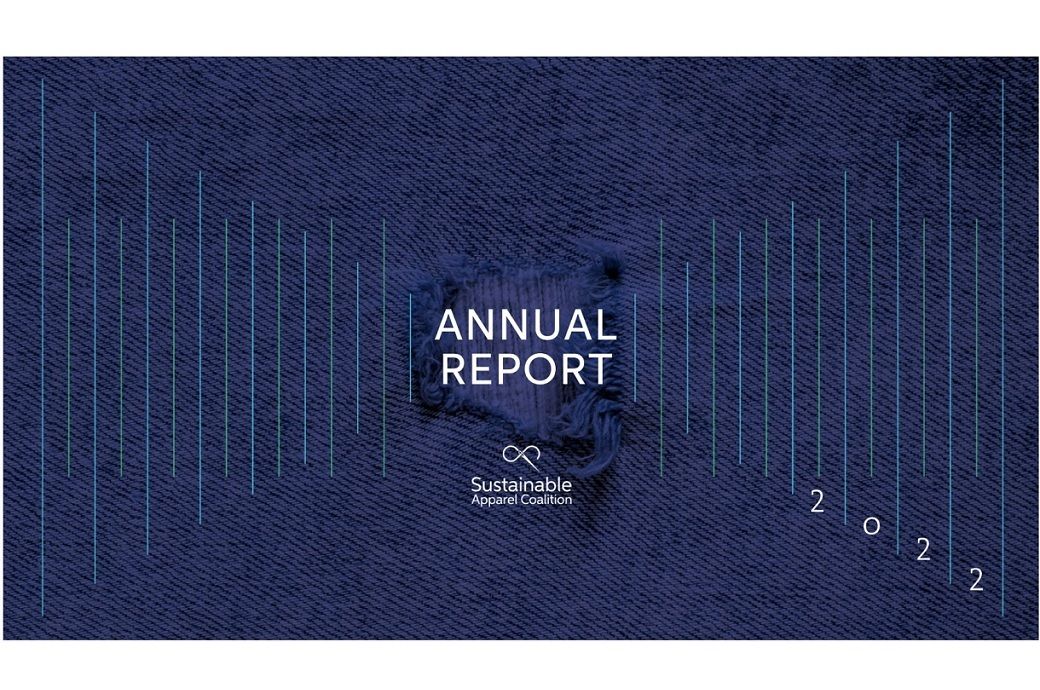In the past two years, the SAC has seen its largest growth in over a decade, with over 280 members from more than 33 countries, according to the SAC’s 2022 Annual Report.
The Sustainable Apparel Coalition (SAC) has added 18 organisations as its members, representing the industry’s global value chain.
The Higg Index, SAC’s tool used by over 21,000 organisations for measuring impact, continues to evolve with major revisions and additions.
SAC’s Decarbonization Program supports science-based targets for urgent emissions reduction.
More than 21,000 organisations around the world use the Higg Index, making it the most widely adopted suite of tools in the industry for measuring impact. The Higg Index continues to play a vital role in measuring and understanding the industry’s impact. In 2022, the SAC made progress in evolving the suite of tools. The development of the Higg Facility Environmental Module (FEM) 4.0 and the major revision of the Higg Brand & Retail Module (BRM) have improved the relevance of the tools in today’s landscape as the industry continues to evolve. The Higg Materials Sustainability Index (MSI) had one of its largest updates to date, with the addition of more than 20 new materials and processes, a new material category for leather alternatives, and more.
An independent third-party expert review of the Higg Index is being carried out to ensure continuous improvement of the suite of tools. The SAC is working with KPMG to coordinate the project, including the recruitment of three panels of independent experts, and is aiming to share findings in the coming months.
The SAC launched its Decarbonization Program in December 2022, aimed at supporting and driving the adoption of science-based targets (SBTs) and urgent emissions reduction. Through initiatives like Peer-to-Peer Learning Groups and training, the SAC has been fostering collaboration, knowledge sharing, and concrete actions to reduce greenhouse gas (GHG) emissions. As of 2022, 46 per cent of SAC members have set or begun the process of setting SBTs.
In November of 2022, nearly 500 representatives from the industry came together for the SAC Annual Meeting in Singapore. The location was selected to recognise the critical role the Asia-Pacific (APAC) region plays in driving and sustaining the industry and to highlight the importance of engaging stakeholders from the global south who must have an active voice in co-creating industry solutions.
Reflecting on this, Amina Razvi, chief executive officer at the SAC, said: “The textile and apparel industry has rightly been facing increasing scrutiny from consumers, stakeholders, and regulators alike when it comes to its impact and progress. Against this backdrop, 2022 provided an opportunity for self-reflection for the SAC. It has ultimately helped us to learn, grow, and evolve. We are even more certain that collective action is the only way we are going to transform into an industry that gives more than it takes—to the planet and its people.
“We’ve been working and collaborating with our members, industry experts, key stakeholders, and policymakers to help our members reduce their environmental and social impacts. We are taking these learnings into the year ahead to facilitate deeper collaboration and change across our industry.”
Dr. Delman Lee, vice chair at TAL Apparel and SAC board chair, said: “The SAC’s vision is rooted in the belief that businesses have the power to make a positive change in the world. But this can only be achieved through taking action as a collective and forging deeper partnerships.
“The SAC Annual Meeting in Singapore was a good step in bringing together organisations and voices from across the whole value chain to collaborate and co-create solutions to some of the biggest issues our industry and planet are facing.”
Fibre2Fashion News Desk (NB)

:max_bytes(150000):strip_icc()/Health-GettyImages-1333230386-993ef5fca5994b69bda4b5eab71bf89d.jpg)



